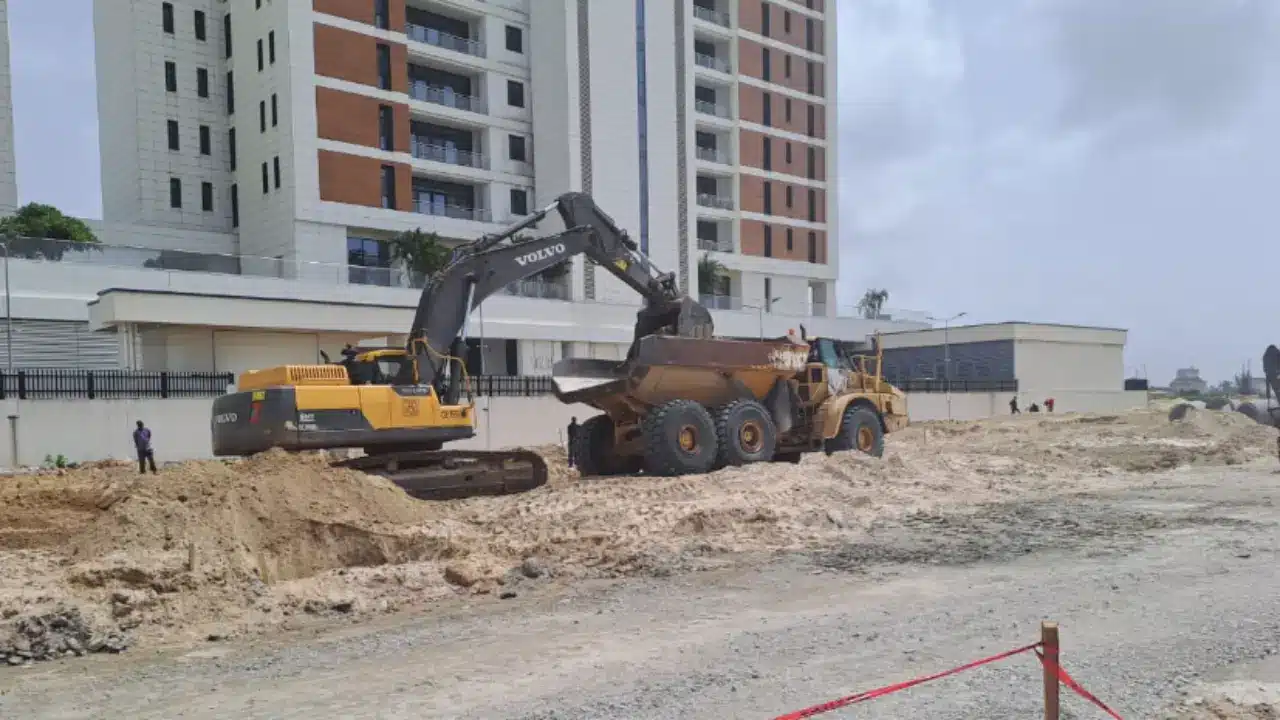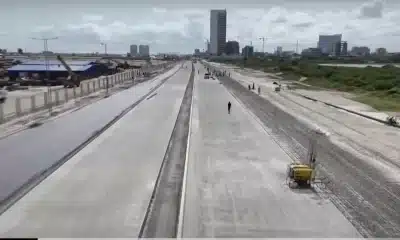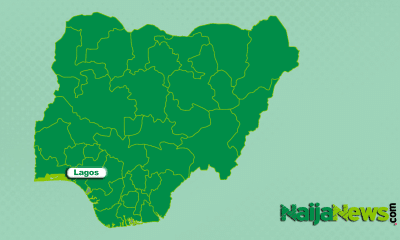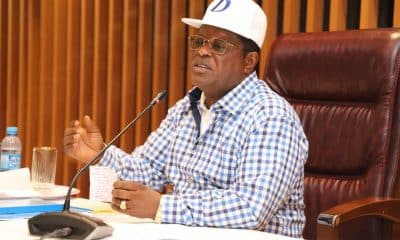Nigeria News
Lagos Calabar Coastal Line: FG Orders Closure of Lagos Beach As Demolition Begins

The Federal Government has initiated the demolition of buildings encroaching on the designated right of way as preparations for the construction of the Lagos-Calabar coastal line begin.
Naija News reports that the operation, led by the Minister of Works, David Umahi, began on Saturday, April 27, at the Mani Chula Beach, Oniru Waterfront.
During a press briefing held at Landmark Beach, Minister Umahi clarified that the demolition would only target shanties and unauthorized structures, not affecting any legitimate infrastructure.
“We are only removing structures that are on the federal government’s Right of Way; the main infrastructures remain untouched,” Umahi explained.
He also announced that the beach would be closed starting Sunday, April 28, to facilitate the clearance operations.
Despite the controversies and political pushback surrounding the highway project, Umahi remains focused on his mandate.
“Those who are playing politics with it can go ahead; my job is to ensure the coastal road is constructed within the federal government’s Right of Way,” he stated during the briefing.
The demolition has sparked a debate over the economic and social impacts of the project.
However, Umahi urged the affected parties to consider the broader economic benefits that the highway is poised to bring, especially in enhancing connectivity and trade across the involved states.
He said compensation for affected property owners will begin on Wednesday, May 1, and end on Thursday, May 2, adhering to the federal government’s approved rates.
The minister emphasized the government’s commitment to a fair compensation process for all affected by the project.
The Lagos-Calabar coastal road, which spans approximately 700 km and is projected to cost ₦15 trillion, aims to connect multiple states from Lagos through Ogun, Ondo, Delta, Bayelsa, Rivers, and Akwa Ibom, finally culminating in Cross River.
With an estimated completion time of eight years and a cost of ₦4 billion per kilometer, this infrastructure project is one of the most ambitious in recent Nigerian history.












